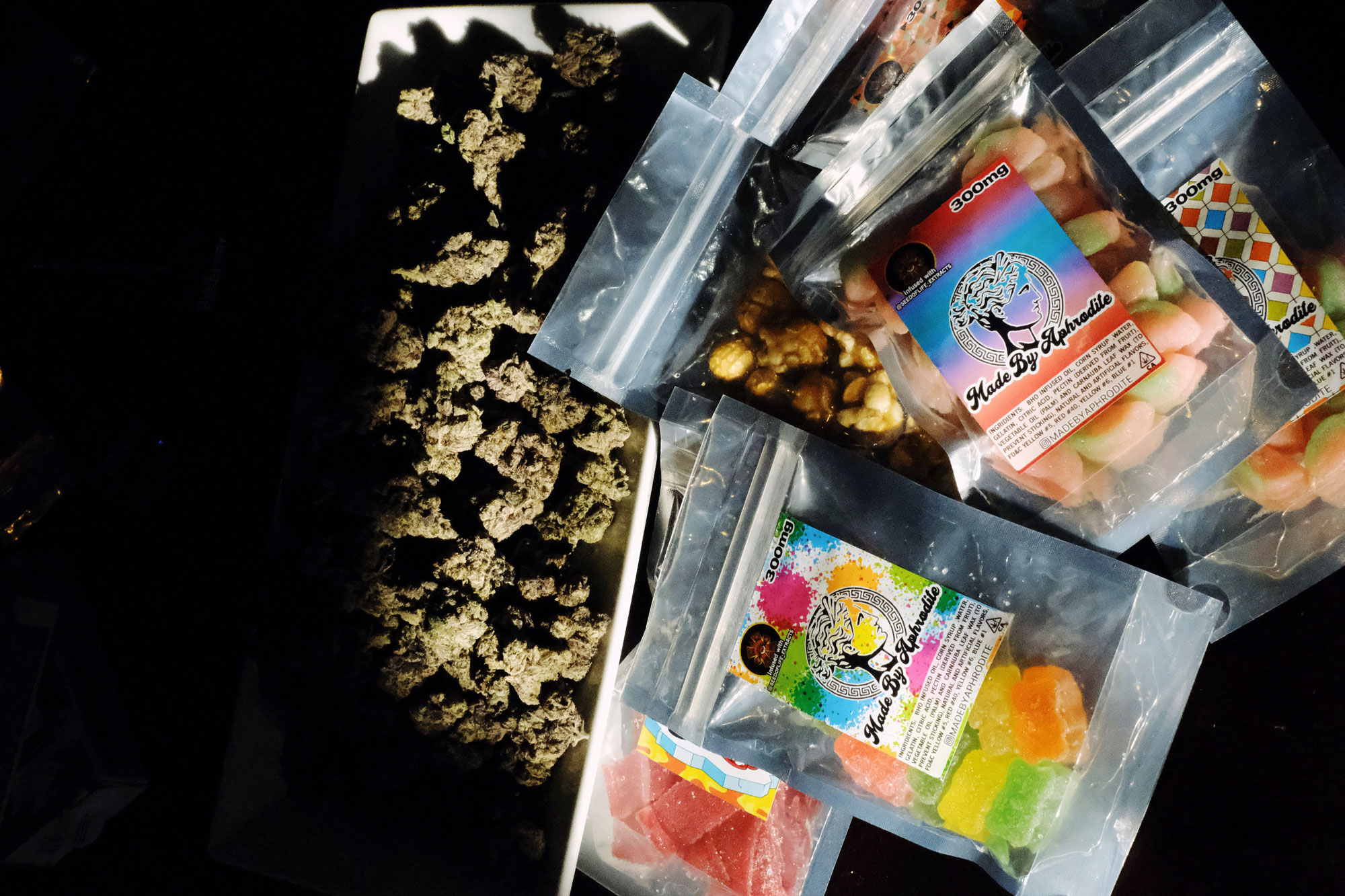Juvenile crimes such as possession of marijuana and possession of controlled substances are very common. Experimentation and the pressure to use drugs is common among today’s youth. However, drug use and possession are illegal and subject to criminal charges, even for juveniles. The court system handles juvenile drug charges differently than adult drug charges. The difference between being charged in court as a juvenile and an adult are significant. Juveniles do not have a right to a jury trial. Juvenile sentences are structured differently and cases typically progress more quickly. If your child is facing juvenile drug charges, an attorney can be useful in guiding your family through the system.
What to consider when a juvenile faces a drug charge
- Illegal nature of the drug the juvenile is charged with. – The prosecution must be able to prove that the drug is illegal in the State of Florida.
- Juvenile’s knowledge of being in possession. – The prosecution must also be able to prove that the juvenile knew, or should have known, that the drug they possessed was illegal.
- Juvenile’s control over the drug. – The prosecution must be able to prove that the juvenile possessed or could control the drug they are being charged with.
- Previous criminal history of the juvenile. – If the juvenile has a criminal record, this can significantly impact the manner in which the prosecution deals with the case.
- Amount of drugs in possession. – The amount of the illegal substance(s) he/she is being charged for can also impact the severity punishment.
Possession penalties for juvenile drug crimes

- Drug counseling – Drug counseling focuses on rehabilitation for the juvenile. In this situation, a judge is able to order the juvenile and their parents, to attend counseling courses.
- Diversion – This is a form of informal probation and a very common consequence for juvenile drug offenders. If the juvenile complies with diversion orders, they are able to bypass the formal court process. This penalty is often an option for first-time offenders only.
- Probation – If the case results in a term of probation, a judge will order terms the juvenile must obey while under supervision. When placed on probation, terms are often very strict and can include other requirements such as community service and counseling. There are also regular reporting requirements with a probation officer.
- Commitment – This penalty is the most severe consequence for a juvenile drug offender. This requires that the juvenile be held in a facility for a period of time. This usually only occurs when the juvenile is a repeat offender or is charged with a very serious drug offense.
How can an attorney guide a juvenile through the court process?
- Educating you and your child on their rights. – It’s important for a juvenile, and their parents, to know their rights when faced with a drug charge. By doing so, you can save a lot of unnecessary stress. Also, there is a greater chance the juvenile will not take actions or say things that may jeopardize the case.
- Understanding the different penalties that can occur. – It’s important to know what potential consequences a juvenile can face, and the severity of said consequence, when being charged with possession of drugs.
- Representation in hearing. – Having an attorney represent a juvenile defendant can help him/her to better understand how to navigate a hearing before a judge. Through discussion with a professional, they can feel more comfortable and confident in the courtroom.
What to do if your child, or someone you know, has been charged with a drug crime?
We understand the hardship that can come with your child facing potential drug charges in a juvenile court. You deserve to know your child’s rights and ensure their protection. Contact a criminal defense attorney at Dale Carson Law today and schedule a free initial consultation.